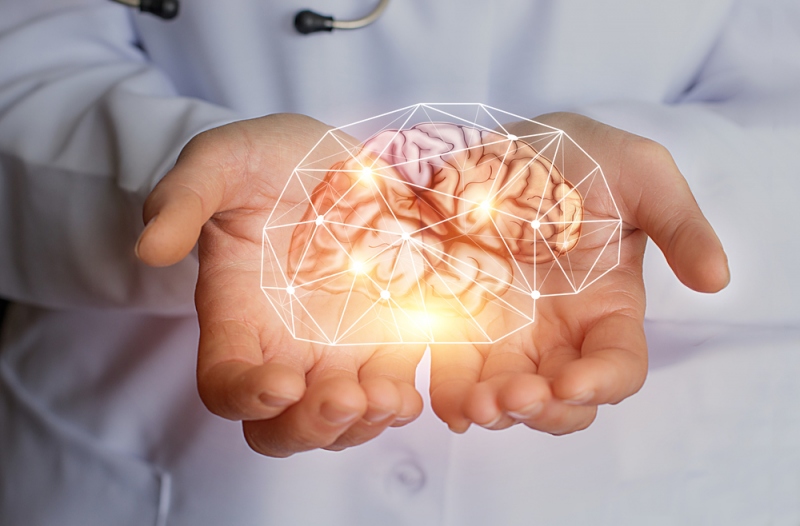The brain is one of the most remarkable organs. It controls all the other organs in the body and is the only known structure that is able to give consciousness and emotions. The brain is so amazingly complex that scientists still struggle to predict and characterize the system dynamics that govern how the brain works. No matter how much we try to categorize and box exactly how the brain functions, scientists have now realized that no part of the brain works in isolation. The brain is also amazing because it can change and adapt so specifically to its environment. For example, in a blind person, since the brain receives no visual signals, it is able to repurpose those brain cells to improve hearing and touch.

Despite its robustness though, brain health can sometimes deteriorate especially if we put it under a lot of stress. That is why it is important to maintain a healthy brain by following a healthy diet and getting enough physical activity. When your brain is a little over worked, it is important to give it a break and feed it some of those vital nutrients that it requires for its health. Analyze That is a great site to check out for information on brain boosting supplements.
How the brain works
The brain is part of a system in the body called the nervous system. The nervous system is divided up into several parts but mainly the central nervous system and the peripheral nervous system. The brain is part of the central nervous system and controls the rest of the body using the spinal cord and peripheral nervous system.
The brain and the rest of the nervous system are made up of specific cells called neurons. Neurons are a very special kind of cell that communicate with their neighbors using electricity, which causes the release of a special chemical messenger called a neurotransmitter, which moves across a narrow gap and causes electricity to run through the neighboring cell. In the brain, there are about 100 billion neurons, so all of these different cells firing electricity and releasing chemical signals to communicate with one another is understandably complex.
It makes sense, though, that the brain groups specific kinds of brain cells that perform a specific function together in a general area. This is why we see a particular part of the brain lighting up when we measure the electrical activity while a person is conducting a particular task.
The science behind memory
In the brain, the connections between the cells are not permanently set. That is to say that brain cells can connect with new cells and break other connections. That means that the brain is essentially an organ that can rewire itself to adapt to its environment. A memory forms when one or more cells form a connection with each other. It’s currently believed that memory is a result of patterns in electrical and chemical activity between these connected cells.
Currently, it’s been established that there are two forms of memory – declarative and non-declarative. Declarative memory requires conscious thought to process it in the part of the brain that executes bodily actions from memory. For example, trying to remember someone’s birthday who you don’t know very well requires your brain to declare that information to your processing center. You can walk however, without thinking about having to take each and every step.
In order to reinforce a memory, you need to cause the connection between the cells to be used. That’s why repeating something enough times makes it a lot easier to remember. If the connection is not stimulated, it’s broken to save energy.
The factors that affect memory and brain plasticity
Sleep is one of the most important times for memories to be consolidated because that is when the brain conducts its major rewiring. That is why it is actually so important to get the right amount of sleep. One scientific study determined that people who don’t get enough sleep are at a much higher risk of developing dementia.
Other factors that govern memory are:
- Age: it’s believed that the proteins in brain cells become less and less stable as people age because their genes shorten.
- Physical exercise: exercise improves blood flow to the brain which brings more nutrients to it allowing the cells to form more connections which are stronger
- Stress: stress causes the release of neurotransmitters in the brain in order to deal with whatever is causing it. These neurotransmitters interfere with the neurotransmitters that are responsible for forming connections between brain cells.
- Infection: certain infections like meningitis can damage brain cells
- Hormones: it’s not really well understood but certain hormones can have an effect on memory. A prime example is the memory loss experience during menopause
- Drugs: drugs are also chemical messengers that can interfere with the normal functioning of brain plasticity
- Genetics: the study of brain genetics is still quite new but they have been statistical links to determined between some genes and memory
Leave a Reply